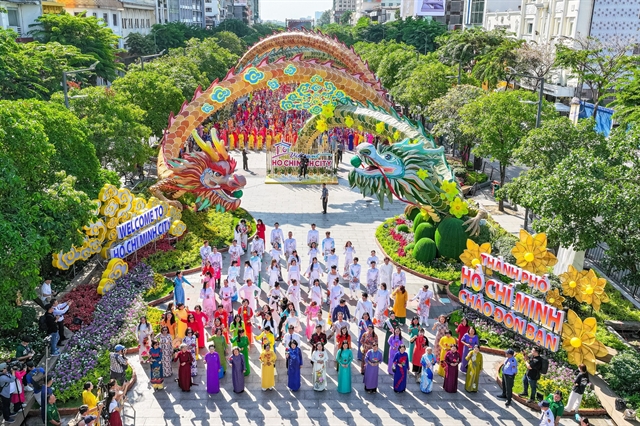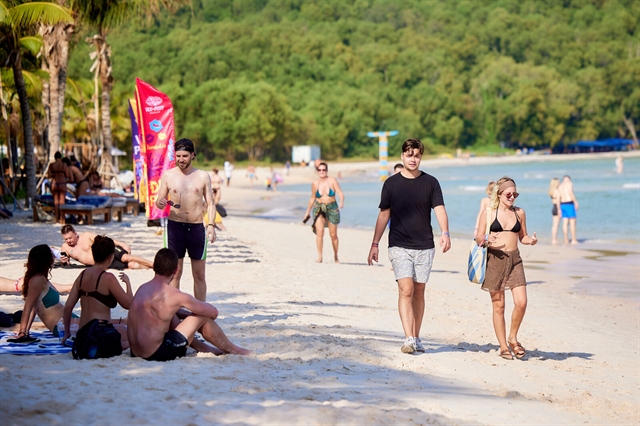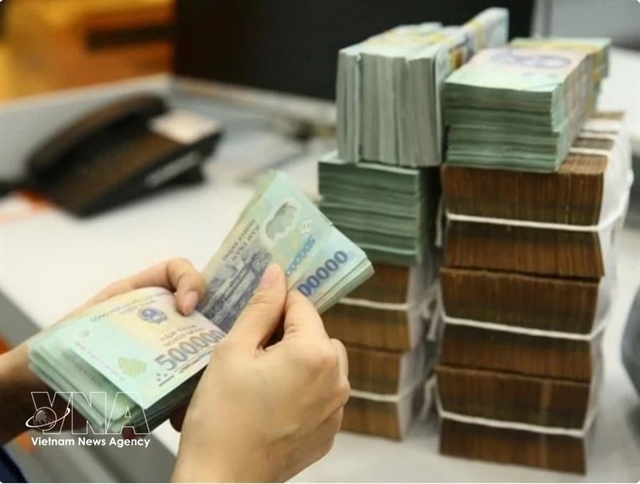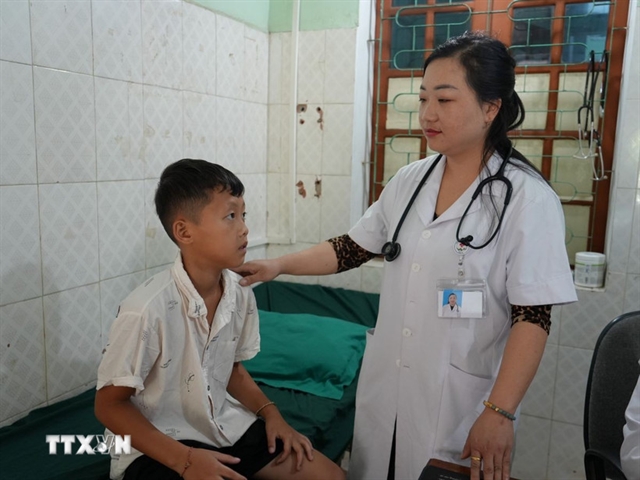 Society
Society

Đỗ Xuân Tuyên, deputy minister of health talks to the press about measures taken to maintain Việt Nam’s success in the fight against COVID-19, and ensuring a happy Tết (Lunar New Year) holiday to all residents
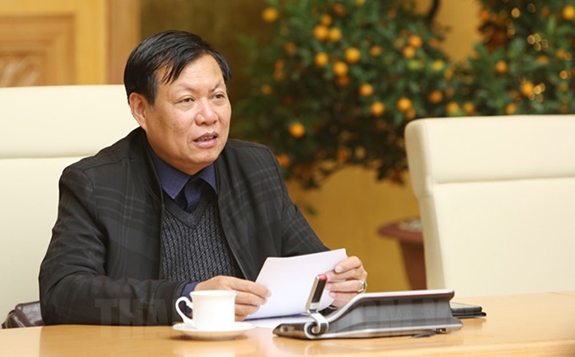
|
| Đỗ Xuân Tuyên, deputy minister of health. VGP Photo |
Đỗ Xuân Tuyên, deputy minister of health talks to the press about measures taken to maintain Việt Nam’s success in the fight against COVID-19, and ensuring a happy Tết (Lunar New Year) holiday to all residents
How do you evaluate the risk of COVID-19 infections from people who illegally entered Việt Nam, especially the recent illegal entry of nine people?
Nine people who came to the country from Myanmar recently are all cases of illegal entry through trails or small paths. When detecting the first case of entry into Vĩnh Long which was positive for the SARS-CoV-2 virus, the health sector immediately carried out tracing and zoning to isolate F1 and F2 cases.
However, we shouldn’t be complacent because the risk of infection from this group still exists as F1, F2 cases have not passed 14 days of isolation, or we are still tracing for people who have contact with COVID-19 at the places where these nine people have travelled to. People must not neglect the epidemic prevention measures. They are supposed to follow a "5K" message of the Ministry of Health - which is facemasks - disinfection - distance – no gathering – health declaration.
As the COVID-19 pandemic is becoming complicated all over the world and in Việt Nam, what recommendations can you give us as Tết is approaching?
Currently, we do not have any new community infection cases of COVID-19, but the health sector has always determined that there’s high risk of pandemic infiltration from overseas, from people who enter the country legally and illegally.
For legal entries, if they do not comply with the quarantine regulations, other people in the quarantine area might be infected, or it could spread to the community. For those who quarantine at home or at hotels, if they are not closely monitored or fail to follow quarantine regulations, it is easy for the virus to spread to surrounding people.
As for those who enter the country illegally, it is very dangerous if a person who has the germ in their body joined the community without being detected. If the carrier has contact with many people, the number of infected persons will be multiplied, resulting in an outbreak of the disease. By that time, the health sector has to follow epidemiological investigations, but it will be difficult to trace the source and zoning. There will be an unpredictable consequence if the pathogen spreads to medical facilities where many seriously ill patients are being treated.
The recent illegal entry of the group of people is a warning for us to enhance the detection, prevention and control of people to prevent them from entering the country illegally. To deal with this, the health system, local authorities, and steering committees for COVID-19 prevention and control of many provinces and cities recently mobilised human resources and capital to trace and combat the pandemic.
From now until the Lunar New Year, the travel demand of people is very high, especially overseas Vietnamese, who want to return home for Tết, which will heighten the risk of COVID-19 pandemic. So what measures has the health sector adopted to prevent COVID-19 from spreading?
To prevent illegal entry and exit, the first step is to increase the number of guards at the borders. Since the beginning of 2020, the Border Guards have set up 1,600 stations at the border lines together with the coordination of the police force.
From now until the Lunar New Year, these forces continue to be maintained and more patrol forces will be dispatched to the border lines, especially at the trails and small paths in the northern and southwestern borders to promptly detect and prevent people from entering illegally, or groups of people colluding to arrange for people to enter the country unlawfully.
The Steering Committee for COVID-19 prevention and control of localities which share borders with other countries should raise their responsibilities, carrying out dissemination campaigns to inform families with relatives abroad of the need to observe the law and follow the quarantine regulations. They should not enter the country unlawfully to avoid being quarantined and so threaten the community’s safety.
What recommendations does the health sector have for people to ensure that they will celebrate a peaceful Lunar New Year?
In order to bring happy Tết holiday to all residents, the Ministry of Health (MoH) has launched a campaign to enhance COVID-19 prevention and combatting work since December 23. Specifically, the health sector gives top priority to combatting the pandemic, ensuring the country’s success in the fight, with an aim of not letting COVID-19 spread in the community.
Localities and forces on the frontline have also strengthened preventive measures against the COVID-19 pandemic to the highest level.
The health sector has prepared scenarios to deal with all situations, especially bad and unexpected ones. The MoH instructs the Department of Health at localities to prepare for bad situations because it is difficult to know where Covid-19 appears and when it occurs.
They must strengthen preparation and training of health workers to take samples on a large scale.
It is necessary to speed up the testing capacity, early screening for detecting infected cases, isolation and treatment. It is also a must to ensure there’s enough facilities for treatment of COVID-19 in case the need arises.
At a recent online meeting with the Department of Health of 63 provinces and cities, the leaders of the MoH suggested localities to have scenarios of zoning and quarantine if a COVID-19 case is detected at a medical facility. If scenarios are not properly prepared, the response might not be as quickly as expected.
For provinces which have only one or two hospitals, it is essential to set up plans to transfer patients to other facilities for treatment if the hospital is under lockdown.
Therefore, we must prepare a good scenario when the pandemic occurs, because if it occurs at the same time in many localities, the MoH will not have enough human resource to support each locality. The health sector also continues to call for involvement of the community, raising people's awareness as well as advising them to implement the "5K" message of the MoH. -- VNS

